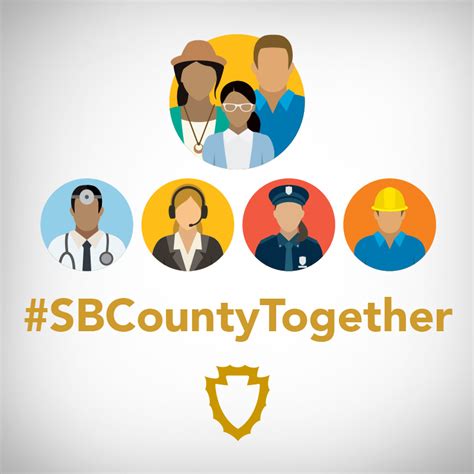Embarking on a research journey can be a daunting task, especially when you’re unsure where to start or how to access reliable information. The Santa Barbara Public Library, like many others, serves as a treasure trove of resources, offering a wide array of tools and services designed to aid in your research endeavors. Whether you’re a student working on a term paper, a professional looking to stay updated in your field, or simply an individual with a curiosity about the world, the library has something for everyone. Here are 12+ resources and tips on how to leverage them for better research outcomes:
1. Databases and Online Resources
The library subscribes to numerous databases that cover a vast range of subjects, from academic journals and books to newspapers and magazines. Resources like JSTOR, EBSCO, and ProQuest offer peer-reviewed articles, primary sources, and more. Utilizing these databases can provide you with credible and in-depth information that might not be readily available through a simple internet search.
2. E-books and Digital Collections
With the shift towards digital content, libraries now offer extensive e-book collections and digital archives. These can be invaluable for research, especially when physical copies are not available or when you need to access materials remotely. Digital collections often include historical documents, manuscripts, and rare books that can add a unique perspective to your research.
3. Interlibrary Loan Services
One of the most powerful tools in a researcher’s arsenal is the interlibrary loan service. If the Santa Barbara Public Library does not have a particular book, article, or other resource you need, they can often borrow it from another library on your behalf. This service can greatly expand your access to resources, ensuring you have the materials necessary to conduct comprehensive research.
4. Research Guides and Subject Specialists
Librarians are not just guardians of books; they are also experts in information seekers and can provide tailored guidance for your research. Many libraries offer research guides organized by subject, which include recommended resources, search tips, and more. Don’t hesitate to reach out to subject specialists who can offer personalized advice and direct you to the most relevant sources.
5. Workshops and Classes
To enhance your research skills, consider attending workshops or classes offered by the library. These may cover topics such as information literacy, database searching, and citation management. Developing your skills in these areas can significantly improve the quality and efficiency of your research.
6. Quiet Study and Collaborative Spaces
Sometimes, the most underrated resource a library offers is space. Whether you need a quiet, distraction-free area to focus or collaborative spaces to work with a team, libraries often provide well-equipped study areas. These can be particularly useful for group projects or when you need to spread out materials for a complex research task.
7. Digital Media and Software
Beyond books and journals, many libraries now offer access to digital media, including movies, music, and software. If your research involves multimedia elements or requires specific software for analysis, be sure to explore what’s available. Some libraries also offer equipment checkout, such as laptops, tablets, or cameras, which can be invaluable for field research or project development.
8. Community Resources and Partnerships
Libraries often serve as community hubs, offering connections to local resources, workshops, and events. For research focused on local issues, understanding these community connections can provide rich, firsthand insights and opportunities for engagement.
9. Archives and Special Collections
For those researching local history, genealogy, or specific topics of regional interest, archives and special collections can be a goldmine. These often include unique, primary source materials that are not available elsewhere, such as historical photographs, letters, and documents.
10. Citation and Reference Management Tools
To help organize your research and manage citations, libraries may offer access to tools like Zotero, EndNote, or Mendeley. These platforms can save you time and reduce stress by formatted citations and bibliographies correctly and efficiently.
11. Accessibility Services
Ensure that all researchers can access the information they need by utilizing accessibility services. This might include assistive technologies, braille materials, large print books, or services for users with disabilities. Libraries are committed to inclusivity, aiming to make knowledge accessible to everyone.
12. Online Tutorials and Webinars
For those who prefer self-paced learning or need guidance on specific research skills, online tutorials and webinars can be extremely helpful. Libraries frequently host or provide access to these resources, covering everything from basic research techniques to advanced database searching.
Additional Tips for Effective Research:
- Start Early: Give yourself plenty of time to explore resources and dig deep into your topic.
- Be Flexible: Be prepared to adjust your research question or approach as you uncover more information.
- Organize Your Sources: Use tools or methods that help you keep track of what you’ve found and where you found it.
- Seek Help: Don’t hesitate to ask librarians, professors, or peers for guidance when you’re stuck.
By leveraging these resources and embracing a flexible, open-minded approach to research, you can unlock a wealth of information and insights that will enrich your understanding of the world. Whether you’re a seasoned researcher or just beginning your academic journey, the Santa Barbara Public Library stands as a valuable partner in your pursuit of knowledge.



